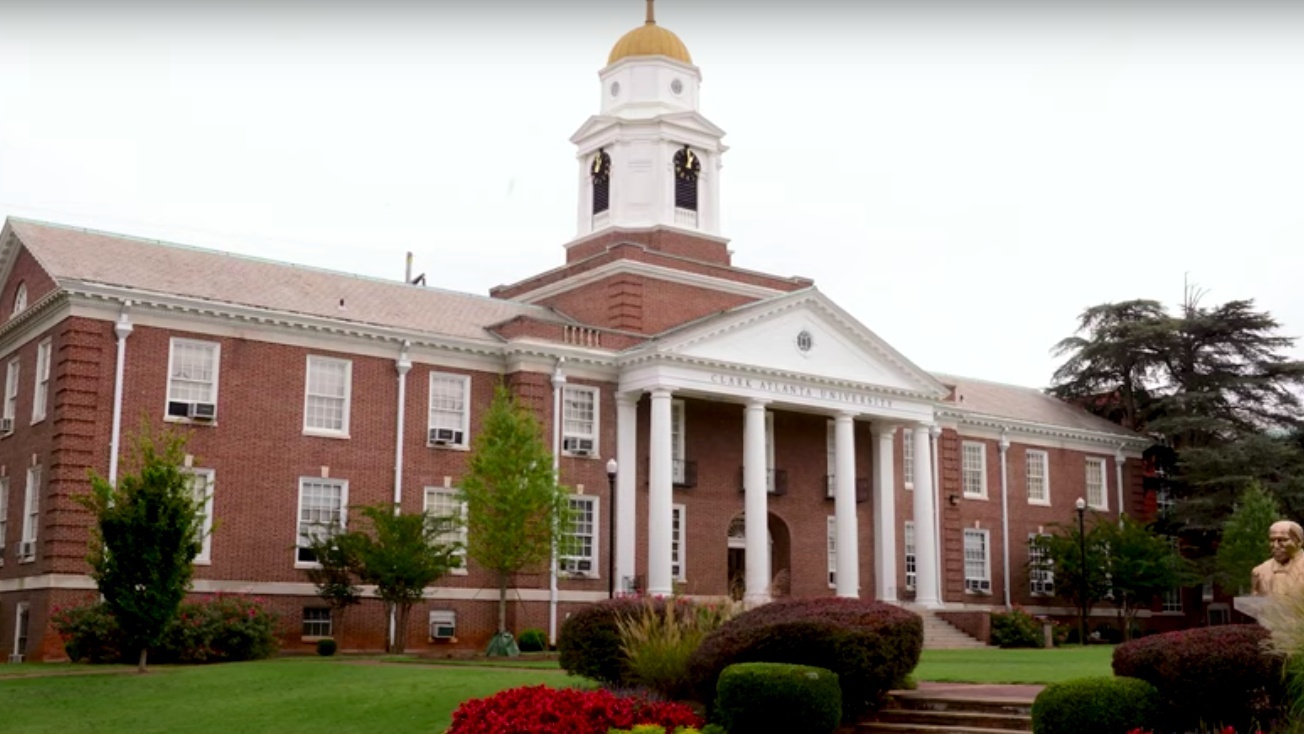Amid the coronavirus pandemic, historically Black colleges and universities face financial hardships that could be greater than those of other institutions of higher education. The Andrew W. Mellon Foundation hopes to relieve some of this burden by distributing $1.76 million to 16 HBCUs.
The money will help stabilize enrollment for the upcoming school year and aid in addressing technology needs, tuition and bill assistance for students and other necessities.
The Andrew W. Mellon Foundation's mission is to “ strengthen, promote, and defend the centrality of the humanities and the arts to human flourishing and to the well-being of diverse, fair, and democratic societies” by supporting higher education.
“HBCUs play an essential role in shaping the minds and futures of our nation’s talented young people,” said Mellon Foundation President Elizabeth Alexander. “As the COVID-19 pandemic disproportionately affects under-resourced institutions and communities of color, the Mellon Foundation is proud to provide focused support for students attending these vital historically black schools.”
According to a press release, 16 universities will be receiving $110,000 each from the foundation.
The list of institutions includes Lincoln University, Claflin University, Clark Atlanta University, Dillard University, Fisk University, Hampton University, Howard University, Johnson C. Smith University, Morehouse College, Morgan State University, North Carolina A&T State University, Prairie View A&M University, Spelman College, Tougaloo College, Winston-Salem State University and Xavier University of Louisiana.
The organization also donated $4 million to the American Indian College Fund for tribal college and university students, according to the Hechinger Report.
Institutions serving minorities were allotted $1 billion of the $14 billion designated for the Higher Education Emergency Relief Fund through the CARES Act, reports the Education and Labor Committee.
While the government has granted aid to universities, many HBCUs are still worried about the financial impact the pandemic will have on their schools.
“Disruptions in enrollment and fundraising efforts, as well as closed dorms, prorated rebates, and lost revenue from food services and university bookstores will short-circuit normal streams of revenue for all universities,” said Ivory Toldson, a professor of counseling psychology at Howard, during a panel assembled by The Conversation. “But HBCUs might see worse effects because they have less money to begin with.”
Toldson added that transitioning to online learning may affect HBCUs more than other institutions because most do not have the “technical capacity.”
“HBCUs rely a lot on tuition and have smaller endowments than other schools,” said Marybeth Gasman, a professor of education at Rutgers University. “If these HBCUs get into financial trouble, they risk losing their accreditation since financial stability is one part of what it takes to remain accredited. Without accreditation, it is nearly impossible to recruit students.”
In light of the hardships, several organizations have decided to pitch in.
The Carnegie Corporation of New York granted Morehouse $1 million, reports The Chronicle of Higher Education. Spelman College received $500,000 each from the Carnegie Corporation and the Rockefeller Foundation. Prairie View A&M University received $1 million from the Andrew W. Mellon Foundation.
The presidents of each of the three colleges thanked Vartan Gregorian, president of the Carnegie Corporation, for his contributions and explained what could come from the funding.
“He created an ecosystem to support this work,” said Morehouse President David A. Thomas. “If there’s a lesson for other funders that want to support in a significant way HBCUs, creating that ecosystem … to say ‘This is important, follow me,’ is critical.”
